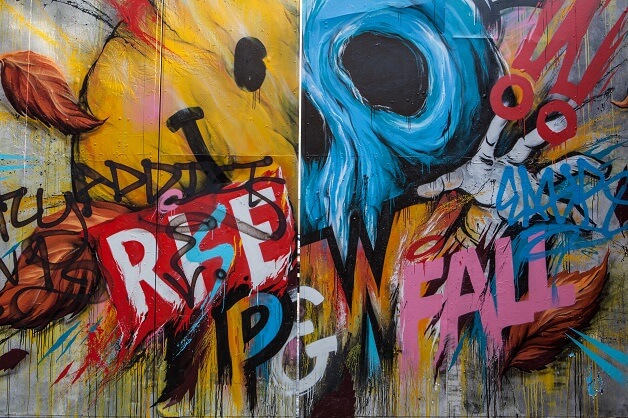Internet service providers and other online services that publish third-party content (like user-posted videos, reviews and ads) rely upon Section 230 of the Communications Decency Act (CDA) to provide them with immunity from liability for what those third parties say and do. Section 230 of the CDA has allowed user-generated sites to flourish in a way that they might not have if the operators were liable for the content users post. But the CDA doesn’t automatically prohibit every suit against every ISP or online publisher. In a somewhat confused opinion that departs from a long line of CDA jurisprudence, the Washington Supreme Court examined the limits to CDA immunity and ruled, 6-3, that a suit against Backpage.com may proceed because Section 230 does not preclude liability if a website operator helps develop illegal content.
In the case, three minor girls sued Backpage after advertisements featuring the girls were posted on the site. The minors asserted claims against Backpage including negligence, sexual exploitation, unjust enrichment, sexual assault, and conspiracy because adult customers allegedly responded to the ads and raped the girls multiple times. Backpage moved to dismiss the case, arguing it was immune from suit under Section 230 of the CDA. The girls countered that Backpage developed its website in a way that facilitated prostitution, the illegal trafficking of underage girls, and established content requirements it knew allowed users to avoid detection or prosecution by law enforcement for those acts. The trial court denied the motion to dismiss and Backpage appealed. In reviewing the motion to dismiss, the Washington Supreme Court viewed the facts in the light most favorable to the plaintiffs. In so doing, the Court found, if proven, the girls’ allegations would show Backpage helped produce illegal content and would be liable under state law. In a lengthy dissent, three justices argued that the plaintiffs did not allege that Backpage actually developed the content in question and that courts have consistently held that a website operator does not create content through its neutral policies prohibiting or limiting certain content.
While the Court allowed the case to proceed, it did not rule on the merits and noted that the outcome would turn on whether, in fact, Backpage merely hosted the ads or helped develop the content of those ads. Nonetheless, like the Ninth Circuit’s CDA decision in Internet Brands (involving ModelMayhem.com), the decision creates uncertainty for ISPs, user-generated services, networking sites, and other online publishers. If a company knows or should know that others utilize its service to engage in illegal acts and it develops neutral content requirements that it knows will help users evade law enforcement, is that company liable? If so, what level of knowledge must the service have? How can a service develop neutral content requirements that also prevent the evasion of law enforcement? The proceedings in this case and others may help answer some of these questions. In the meantime, companies will have to navigate this uncertainty as they develop policies to guide their businesses.


